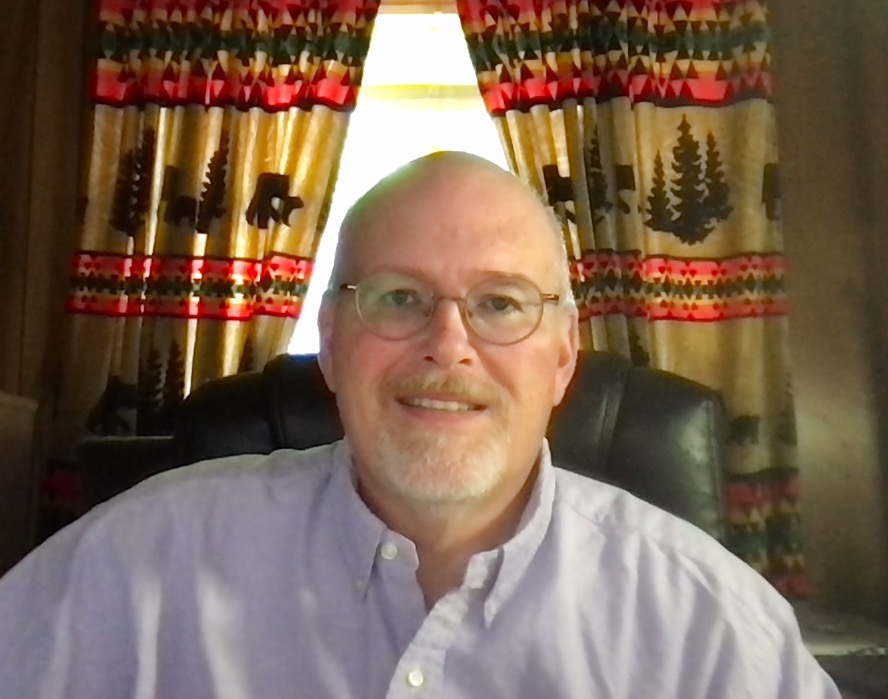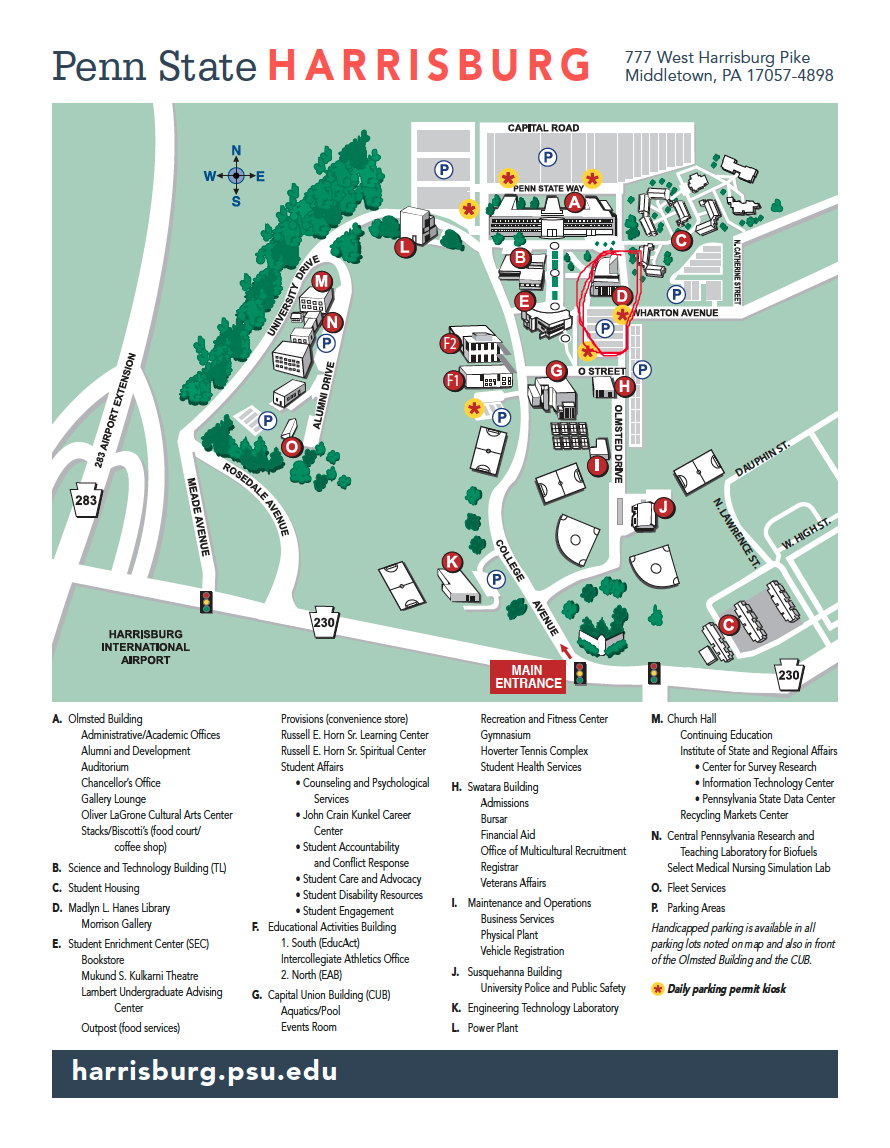The Global Positioning System - How does it Work and What will we do if it Goes Away?
October 22nd, 2024 Susquehanna Section Dinner/Presentation
Many of us are old enough to remember the world before the Global Positioning System (GPS) existed. In those old days, we would use paper maps, ask people for directions, and use physical landmarks to navigate to where we needed to go. In ancient times, people used celestial bodies such as the sun, moon, and stars for navigation. Today, whether we realize it or not, we all rely on GPS for many aspects of society. Every cell phone has GPS, almost all unmanned systems have GPS. GPS is used by cars, ships, and planes for navigation. We use it to get to where we need to go. Unmanned systems use it to perform their jobs. Commerce and shipping industries rely on it for global material and product distribution. Commerce relies on it for location-based services (all those apps on your phone you use to buy things). GPS is a cornerstone of America's economy.
However, there are many environments in which GPS does not perform well. Furthermore, GPS is vulnerable to many types of hostile attacks. It is possible to jam GPS signals. It is possible to spoof (i.e., impersonate) GPS signals. The GPS satellite constellation itself is vulnerable to attack. Global geopolitical tensions and the military capabilities of many other nations means that one day, it is possible that we all wake up and GPS isn't there, or it isn't usable. So what happens then?
This talk first presents an overview of the GPS system and how GPS works. The talk then goes on to discuss some of the performance challenges faced by GPS (e.g., performance in dense urban environments). We then we discuss some of the ongoing research being conducted to defeat the threats faced by GPS. We will learn how researchers are working to both detect and defeat hostile attacks. Finally, the tutorial then goes on to discuss the various methods researchers are attempting to provide reliable positioning, navigation, and timing (PNT) in a completely GPS-denied environment using non-GPS methods.
Dinner will consist of:
-
Carved Beef Brisket
- Garden Salad
- Fingerling Potatoes
- Seasonal Vegetable Medley
- Assorted Dinner Rolls
- Brownies
Parking for the event is free and is in the parking lot south of the library. See the below map of the PSU Harrisburg for an overview on where the building and parking is located.
There is a fee for the entire dinner+presentation event. There is no fee for only attending the presentation.
Date and Time
Location
Hosts
Registration
-
 Add Event to Calendar
Add Event to Calendar
- Penn State Harrisburg
- 777 West Harrisburg Pike
- Middletown, Pennsylvania
- United States 17507
- Building: Madlyn L Hanes Library (Building D)
- Room Number: Room 101, Morrison Gallery
- Contact Event Host
-
Jack Burbank, IEEE Susquehanna Section
jack.burbank@ieee.org
- Starts 24 June 2024 04:00 AM UTC
- Ends 22 October 2024 10:00 PM UTC
- Admission fee ?
Speakers
Jack Burbank of Sabre Systems, Inc.
The Day after GPS - Navigation in World without GPS
Biography:
Jack L. Burbank earned his Bachelor of Science and Master of Science degrees in Electrical Engineering from North Carolina State University in 1994 and 1998 respectively. Mr. Burbank currently is the Executive Director of Advanced Communications Technology at Sabre Systems where he helps design, develop, and evaluate next-generation wireless capabilities for the tactical military community. Mr. Burbank is an expert in the areas of wireless networking, modeling and simulation, wireless system development, and wireless network security. Mr. Burbank has published over 50 technical papers on topics of wireless networking (both terrestrial-based and space-based) and contributed to multiple books related to wireless networking. Mr. Burbank has authored books on the subjects of Wireless Networking and Modeling and Simulation. Mr. Burbank is currently writing a book on protected and secure communications that is expected to be published in 2025. Mr. Burbank was a co-author of the widely deployed RFC 5905, Network Time Protocol, version 4 (NTPv4).
Mr. Burbank is active within the IEEE acting as technical reviewer, organizer, and chair for numerous IEEE conferences and periodicals. Mr. Burbank is editor of the Wiley-IEEE Press book series on IEEE standards. Mr. Burbank was previously an Associate Technical Editor of the IEEE Communications Magazine. Mr. Burbank previously taught courses on networking and wireless networking within The Johns Hopkins University Engineering for Professionals Program and is a senior member of the IEEE. Mr. Burbank has successfully led technical tutorials and invited talks at numerous conferences. Mr. Burbank is the Vice Chair and Program Chair of the IEEE Susquehanna Section. Mr. Burbank is currently a PhD student, working towards his doctorate in Electrical Engineering. His dissertation topic is on the topic of positioning and navigation for UASs in GPS denied environments.
Agenda
Dinner: 6:00 - 7:00 PM
Presentation: 7:00 - 8:30 PM


